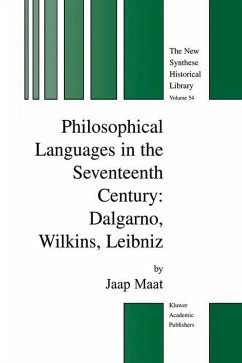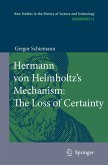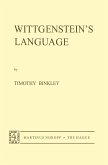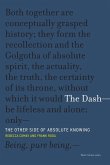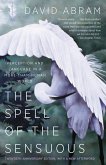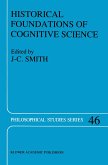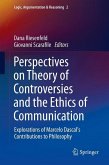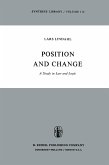This book discusses three linguistic projects carried out in the seventeenth century: the artificial languages created by Dalgamo and Wilkins, and Leibniz's uncompleted scheme. It treats each of the projects as self contained undertakings, which deserve to be studied and judged in their own right. For this reason, the two artificial languages, as well as Leib niz's work in this area, are described in considerable detail. At the same time, the characteristics of these schemes are linked with their intellectual context, and their multiple interrelations are examined at some length. In this way, the book seeks to combine a systematical with a historical ap proach to the subject, in the hope that both approaches profit from the combination. When I first started the research on which this book is based, I intended to look only briefly into the seventeenth-century schemes, which I assumed represented a typical universalist approach to the study of lan guage, as opposed to a relativistic one. The authors of these schemes thought, or so the assumption was, that almost the only thing required for a truly universal language was the systematic labelling of the items of an apparently readily available, universal catalogue of everything that exists.
From the reviews:
"Jaap Maat's book chronicles the efforts of three European scholars from the mid- to late seventeenth century to produce a universal language. ... M explains the language ... with well-organized tables and examples. ... M does a good job of setting up his philosophy and his relevance ... . This book helps its readers understand the thought processes of European intellectuals as they sought linguistic answer to the challenges of growing global interaction during the 1600s." (Matthew Honig, Language, Vol. 83 (4), 2007)
"Jaap Maat's book chronicles the efforts of three European scholars from the mid- to late seventeenth century to produce a universal language. ... M explains the language ... with well-organized tables and examples. ... M does a good job of setting up his philosophy and his relevance ... . This book helps its readers understand the thought processes of European intellectuals as they sought linguistic answer to the challenges of growing global interaction during the 1600s." (Matthew Honig, Language, Vol. 83 (4), 2007)

